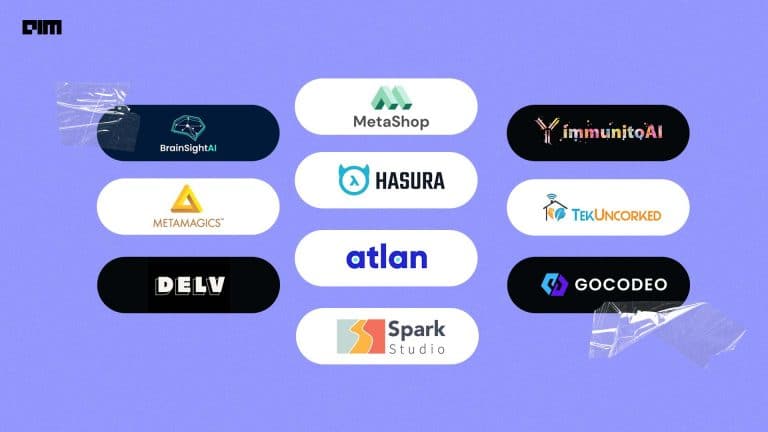|
Listen to this story
|
A domain where data forms the crux of the business — gathering, storing and managing — comes with its struggles. Fintech startups work with copious amounts of data that are collected upfront, which puts the focus on the confidentiality and sensitivity of the data that is managed. And with fintech growth on an upward trajectory, it becomes critical to manage data, which is considered the biggest technical challenge.
Data issues in leveraging data for AI can have significant consequences such as difficulty in innovating owing to a lack of clarity on the types of products and services that customers demand, and a lack of insight into the businesses themselves. If these data issues are not addressed, the progress of FinTech companies are massively jeopardized. In addition, fintechs also face the issues of data security and deployment across multiple cloud platforms.
As per a report by Tracxn, there are over 8000 fintech startups in India. During the period 2014 to mid-2022, the sector received more than $30 billion in funding. But, data problems persist.
Small, medium, big problems
Varun Modi, co-founder and CTO of BrightMoney, recently spoke about the struggles and the various challenges that exist with data. He emphasised factors such as costing, data regulation and data privacy. Giving an example of how different people access data differently, he explained, a product manager will have a set of skills and tools different from a data scientist. The need for a variety in data storage will increase the cost. Having a ‘centralised storage’ system will help bring all the data from the application system in the right format for business consumption. This will improve the system to deliver maximum efficiency and answer business queries in a structured manner.
In the realm of fintech and other regulated industries, security and governance are of utmost importance. Understanding how user information is accessed and how their financial transactions are utilised becomes crucial. Having data governance frameworks in fintech ensures responsible and effective data management. Having regulatory systems will determine the entities authorised to manipulate data which enables effective management of complex situations that may arise from third-party systems.
With fintech companies interacting with various third-party partners, seamless integration becomes a necessity. This also means that the problems of confidentiality and security pops up with data sharing. The partners provide financial data, activity data, and Personally Identifiable Information (PII), making collaboration crucial. Fintech companies bear the responsibility of safeguarding the confidentiality and security of such data which implies that robust security measures are necessary to prevent unauthorised access and misuse.
Implementing Data Mesh
Data Mesh, a type of data management architecture, can be brought into the fintech domain. With data mesh, each domain can have ownership over its data allowing domain teams to take responsibility for data quality, access and governance. This allows an enhanced data management process thereby empowering teams to make data-driven decisions. With the creation of data products and data services that can be shared across domains, a smooth collaboration between teams that can leverage data insights and expertise can be achieved.
Data Analysis Tools
Increased implementation of AI business tools that help with analysing large volumes of data have made functionings smoother. AI data mining tools help fintech companies to handle multiple layers of data. As opposed to manual data retrieval, which can provide incomplete and unnecessary data, AI and ML can assist in ingesting, analysing, cleaning and archiving data.
With the increased usage of AI in different domains, banking and fintech companies are also increasingly using them. It is not only helping them with data-driven decisions but also smoothen data related struggles. Wide facets such as data modelling, data governance and data management are addressed with AI.



















































































